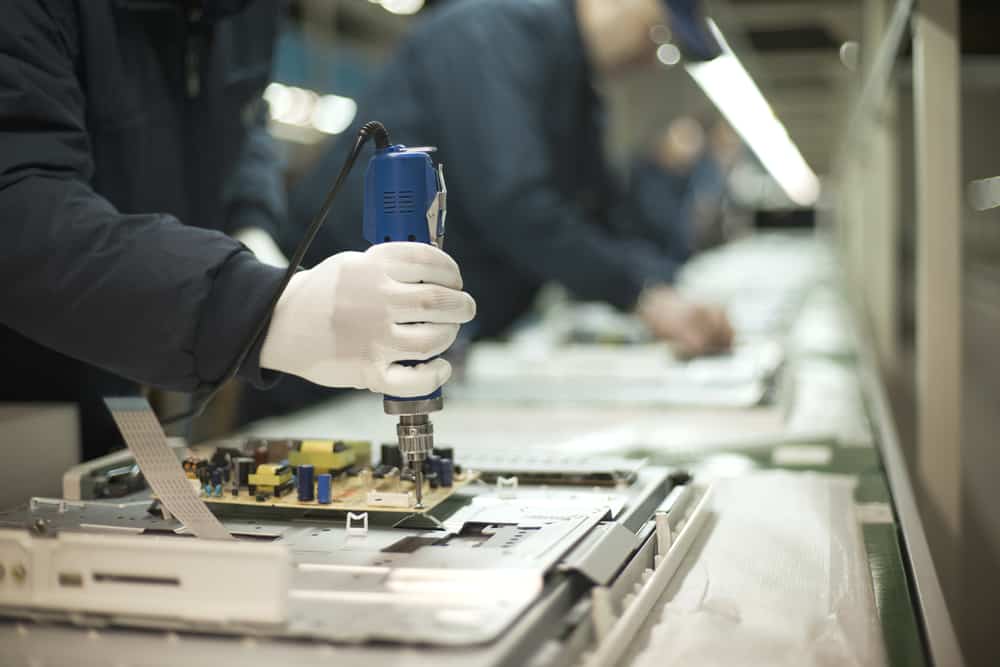Legal considerations are an unfortunate part of life in the world of manufacturing. This is partly because legal action is always a possibility, even if your business is thriving and you have a sterling reputation among your customers. The following are three vital legal considerations to make when manufacturing products.
1. Compliance
When you begin manufacturing your product, you should be aware that there are legal and regulatory aspects to consider. Compliance is essential; you must ensure that the goods you manufacture are not illegal, such as those containing substances banned in your country or state. What’s more, if you’re selling these goods to consumers, then safety is paramount. This means actively making sure that any products do not breach any laws or regulatory directives.
Ensuring your products comply with the necessary legislation is vital for running an organization. If you happen to have the wrong license or lack safety protocols, this will put your entire business at significant risk.
Manufacturers need to be aware of the specific regulation and laws governing their products, whether food, beverages, pharmaceuticals, or medical devices. Research these regulations thoroughly to ensure you comply with the most recent legislation.
2. Manufacturing Standards
Standards are rules and guidelines developed in an open and transparent process based on market requirements. Companies, organizations, and even individual end-users benefit from widely adopted standards, and many manufacturing practices like metrology help users maintain and meet these standards.
At some point, you will likely begin manufacturing your products (as opposed to just selling them as a reseller). This can be the pivotal moment that takes you from startup to growing business. However, if you move ahead without proper preparation, it could also be the point at which your business runs into legal trouble.
In today’s global marketplace, a manufacturer who does not employ standardized manufacturing practices risks producing substandard products in large quantities. To mitigate the risk of legal liability, manufacturers should adopt a standard Code of Honor that spells out what is unacceptable during production. Some primary areas to include in your code are quality enhancement, defects, record keeping, maintenance, and inspection.
3. Workplace Health and Safety
Employee safety should be a primary concern for any manufacturing company. Whether a large corporation or a small firm, worker health and safety are essential to building a productive workforce. The measures taken to keep workers safe are often referred to as workplace health and safety.
Health and safety practices keep people safe, healthy, and secure in their jobs. Protect your workers by providing a safe workplace. Aside from the applicable legal requirements, it increases productivity, boosts morale, and enhances employee loyalty.
For a successful business launch, it’s important to consider legal concerns relating to your potential customer base, the types of materials and methods you use to manufacture the product, and the content you publish. If you have any doubts or worries about legal regulations to consider when developing your inventions, discuss the matter with a trusted attorney specializing in intellectual property.



